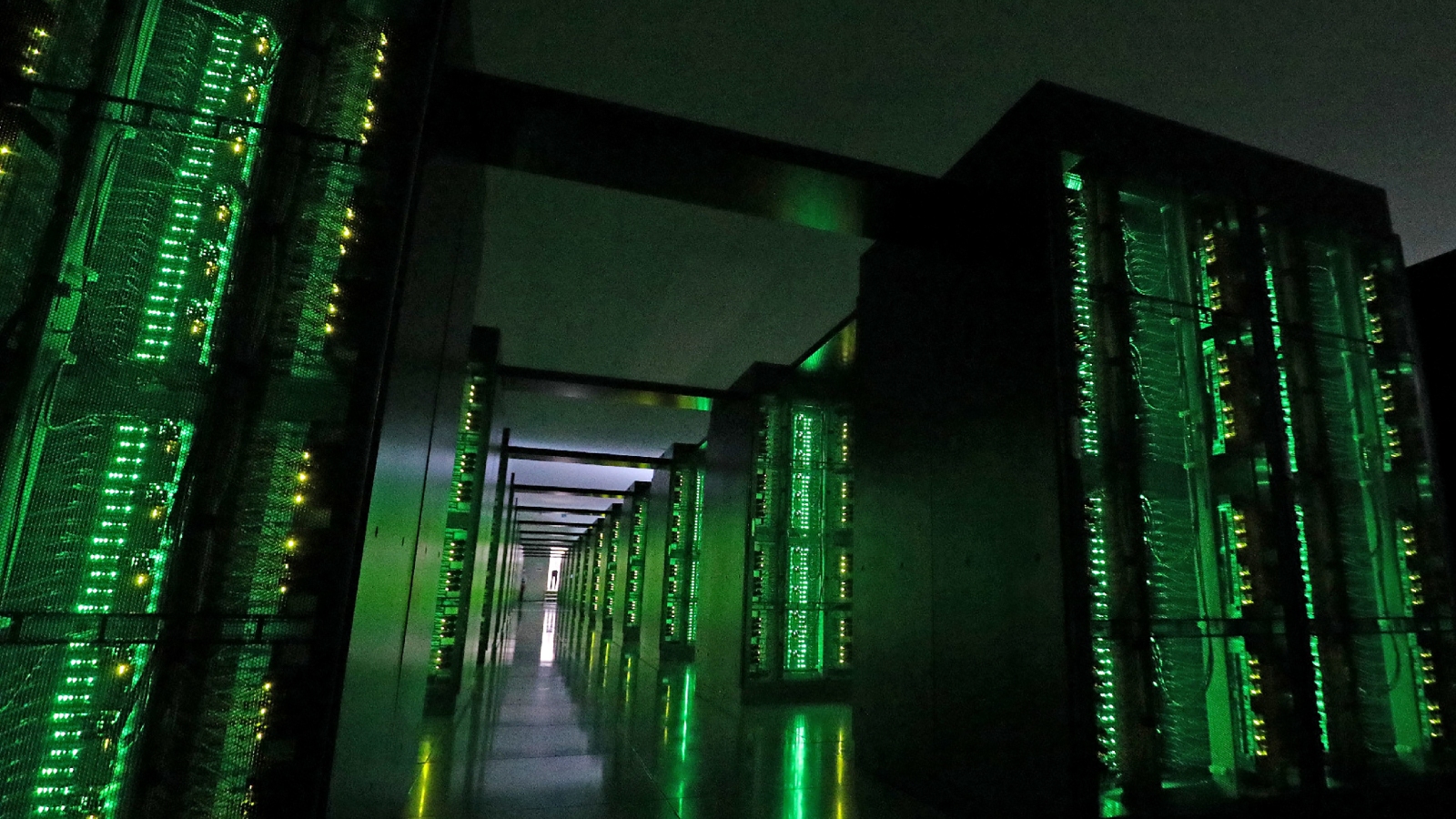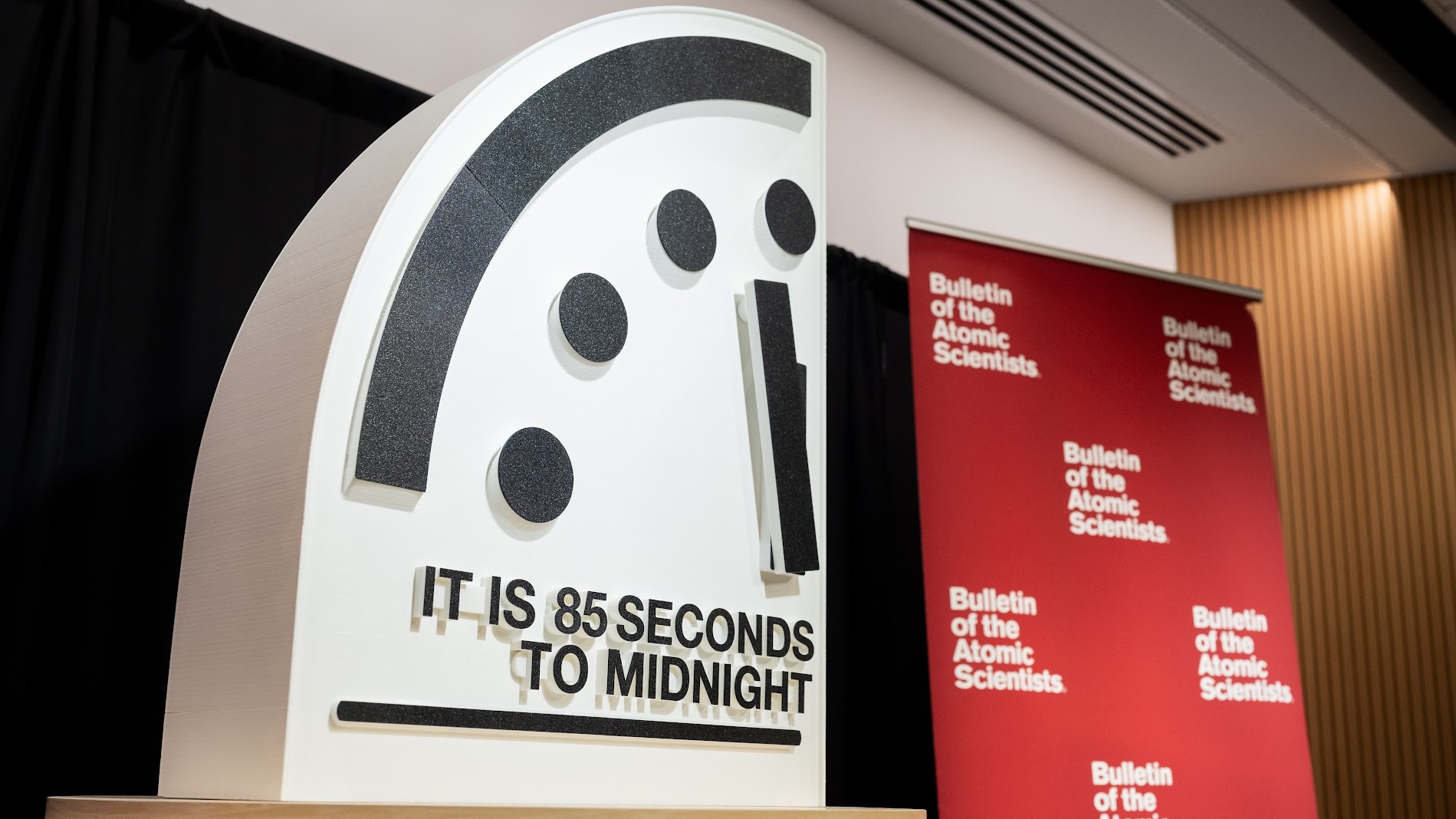Japan to start building 1st 'zeta-class' supercomputer in 2025, 1,000 times more powerful than today's fastest machines
Japan's new state-of-the-art supercomputer, which is due to cost more than $750 million to build, is set to turn on by 2030.

Japan has announced plans to start constructing the first ever "zeta-class" supercomputer next year. Once fully operational, it will be 1,000 times faster than today's most powerful supercomputers.
The supercharged machine, which could cost more than $750 million to build, will help Japan keep up with the pace of artificial intelligence (AI) development and is expected to be fully online by 2030.
Plans for the new machine — first released on Aug. 28 by Japan's Ministry of Education, Culture, Sports, Science and Technology (MEXT) — reveal that the supercomputer could reach speeds on a zetaFLOPS scale, which has never been achieved before.
Floating-point operations per second (FLOPS) is used to measure how fast computers can solve problems — where one floating-point operation is a single calculation. A supercomputer with a speed of 1 zetaFLOPS could make one sextillion (1 followed by 21 zeros) calculations per second. Today's most powerful supercomputers have only just broken the exaFLOPS barrier, meaning they can make just over one quintillion (1 followed by 18 zeros) calculations per second.
The decision to build such a superpowered machine has been made "in order to keep up with the development of scientific research using AI," Japanese news site Nikkei wrote in a translated article.
Related: Computer inspired by Japanese art of paper-cutting has no electronics and stores data in tiny cubes
The proposed supercomputer is being touted as the successor to Japan's Fugaku supercomputer (0.44 exaFLOPS), which previously held the title of the world's fastest supercomputer until it was dethroned in 2022 by the U.S.'s Frontier supercomputer (1.2 exaFLOPS) at Oak Ridge National Laboratory in Tennessee. Fugaku is currently considered to be the fourth most powerful supercomputer in the world.
Get the world’s most fascinating discoveries delivered straight to your inbox.
The new machine, which is currently being referred to as "Fugaku Next," will be built by Japanese companies RIKEN and Fujitsu, which were both involved in the construction of Fugaku. To allow cross-compatibility between Fugaku and Fugaku Next, the latter will likely use components designed by Fujitsu, according to computing news site Tom's Hardware. However, little else is known about the components that will be fitted into the proposed machine.
One of the biggest challenges engineers will face in building the new supercomputer is finding a way to make it run efficiently. In 2023, computer experts predicted that a zeta-class machine built using current supercomputer technologies would require the equivalent energy to the output of 21 nuclear power plants, computing news website HPCwire previously reported.
MEXT has set aside around ¥4.2 billion ($29 million) for the first year of the project but could allocate up to ¥110 billion ($761 million) throughout the project, which is scheduled to be completed by 2030, according to Tom's Hardware.
As long as construction goes to plan and nobody else builds a zeta-class machine first (which seems highly unlikely), then Fugaku Next will likely be the most powerful supercomputer on Earth.

Harry is a U.K.-based senior staff writer at Live Science. He studied marine biology at the University of Exeter before training to become a journalist. He covers a wide range of topics including space exploration, planetary science, space weather, climate change, animal behavior and paleontology. His recent work on the solar maximum won "best space submission" at the 2024 Aerospace Media Awards and was shortlisted in the "top scoop" category at the NCTJ Awards for Excellence in 2023. He also writes Live Science's weekly Earth from space series.
 Live Science Plus
Live Science Plus





